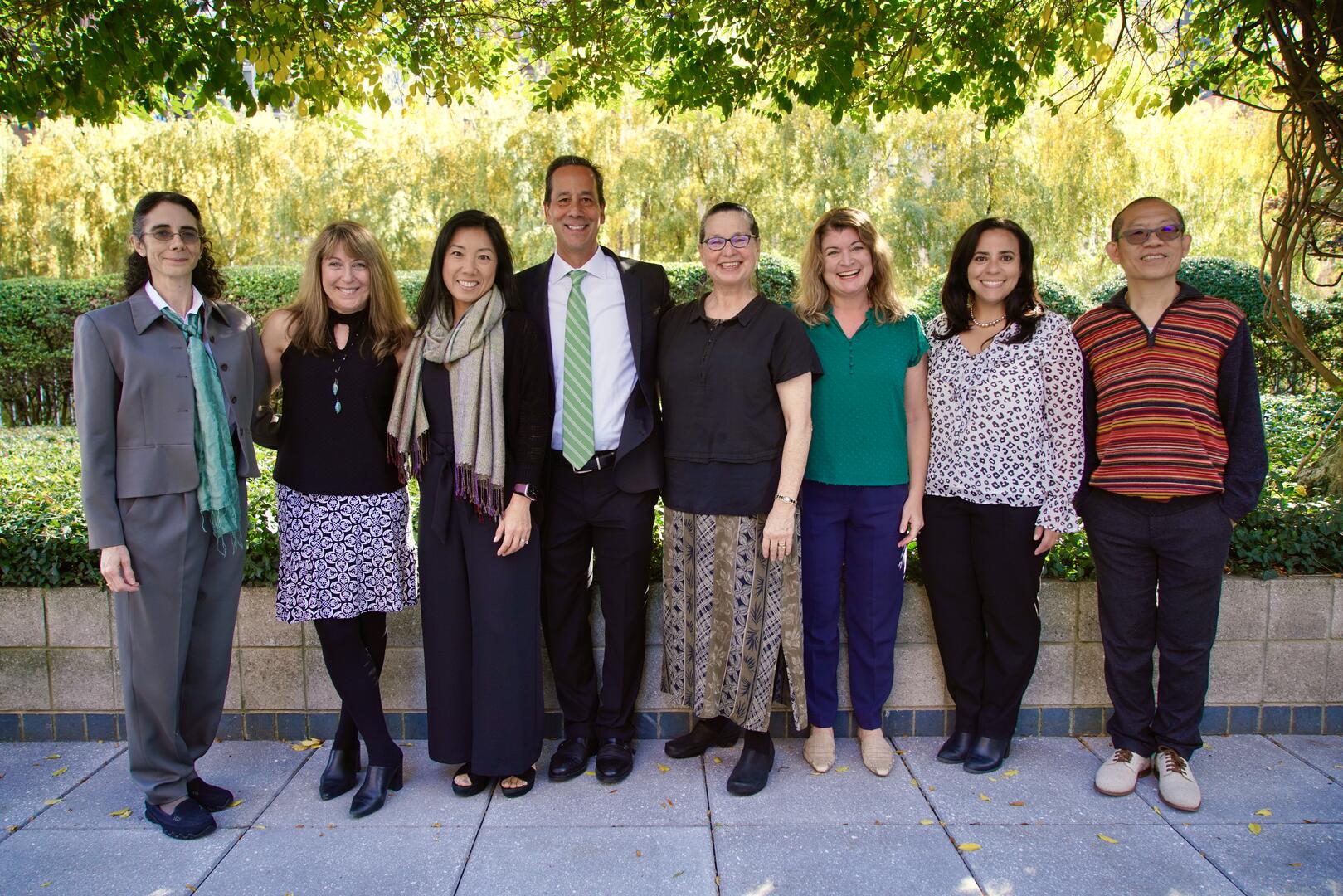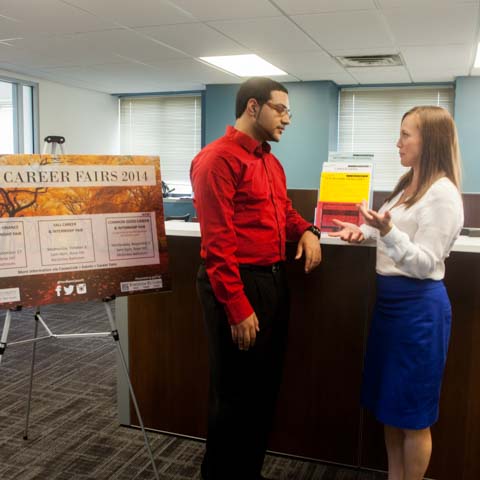GSE School Counseling
M.S.E.


Credits: 60
Career Path: Prepares graduates for work in a variety of school settings, including public, parochial, and private elementary, middle, and high schools.
Start Semester: Summer, Fall
Campus: Lincoln Center
Full-time/Part-time
Application Deadline: April 15
Priority Deadline: January 15
Note: Applicants who submit completed applications by the priority deadline will receive early consideration for GSE School-Based Aid.
The program emphasizes knowledge basic to all school counseling settings, including competence in individual, group, and career counseling, program development, and evaluation and assessment.
Sensitivity to gender and cultural differences and similarities is fostered, ethical decision-making skills are developed, and social justice is a priority.
Our ideal student is committed to facilitating the healthy academic, social and emotional development of all young persons.
The student enjoys the collaborative nature of working in a school environment and is comfortable working with culturally diverse groups of students, parents, administrators, and teachers.
Furthermore, the student is dedicated to advocating for all students and is especially sensitive to issues of justice and equity.
The M.S.Ed. in School Counseling is accredited by the Masters in Psychology and Counseling Accreditation Council (MPCAC) for the period of January 2015 through January 2026.
General Teacher Education Program Admissions Requirements
- 3.0 GPA
- Online application
- Official transcript(s)
- Resume or Curriculum Vitae (C.V.)
- Personal statement
- Two letters of recommendation
Program Curriculum and Sequence
Sample Course Sequence
NOTES: See advisor; specific schedule is subject to change and you need to look up classes each semester. Child Abuse Reporting, School Violence, and Dignity for All Students (DASA) Workshops required for certification.
Fall
Introduction to Professional School Counseling I
Pre-Practicum in Professional School Counseling I
Human Development
Assessment in Counseling
Research Methods in Counseling (online)
Theories of Counseling for School Counselors
Social Justice Practicum in Professional School Counseling
Career Counseling
Practicum in Career Counseling
College Counseling
Session 1
Multicultural Counseling
Group Counseling
Pre-Practicum in Group Counseling
Ethics and Professional Issues in Counseling
Field Experience in Professional School Counseling I
General Psychopathology
Trauma and Interpersonal Neurobiology
Field Experience in Professional School Counseling II
Developmental and Intellectal Disabilities
Counseling Program Development and Evaluation
Masters Comps (May also be taken in Summer Session I)
Contact
Admissions
212-636-6400
[email protected]
Program Contact
Katheryn Roberson-Miranda, Ph.D.
| Program Data and Outcomes | 2022-2023 |
|---|---|
|
Applications received to matriculate in: |
40 |
|
Of those, number of students accepted |
35 |
|
Of those accepted, number newly enrolled in: |
16 |
|
Of those newly enrolled in stated academic year, number who continued into year two |
16 |
|
Total number of students enrolled during year: |
26 |
|
Number of students who graduated in year: |
15 |
|
Number of students who started the program and graduated within the expected time frame (two or three years, depending on program length). Do not include part-time students |
15 |
|
Percent of students who enrolled in the program in Fall 2017 who graduated from the program (5-year graduation rate) |
100% |
|
Percent of those who graduated in the years 2018 to 2020 who became fully licensed and/or credentialed |
70% |
|
Percent of those who graduated in the academic year who became certified or licensed as school counselors |
85% |
|
Percent of courses taught by adjunct or part-time faculty in academic year: |
45% |